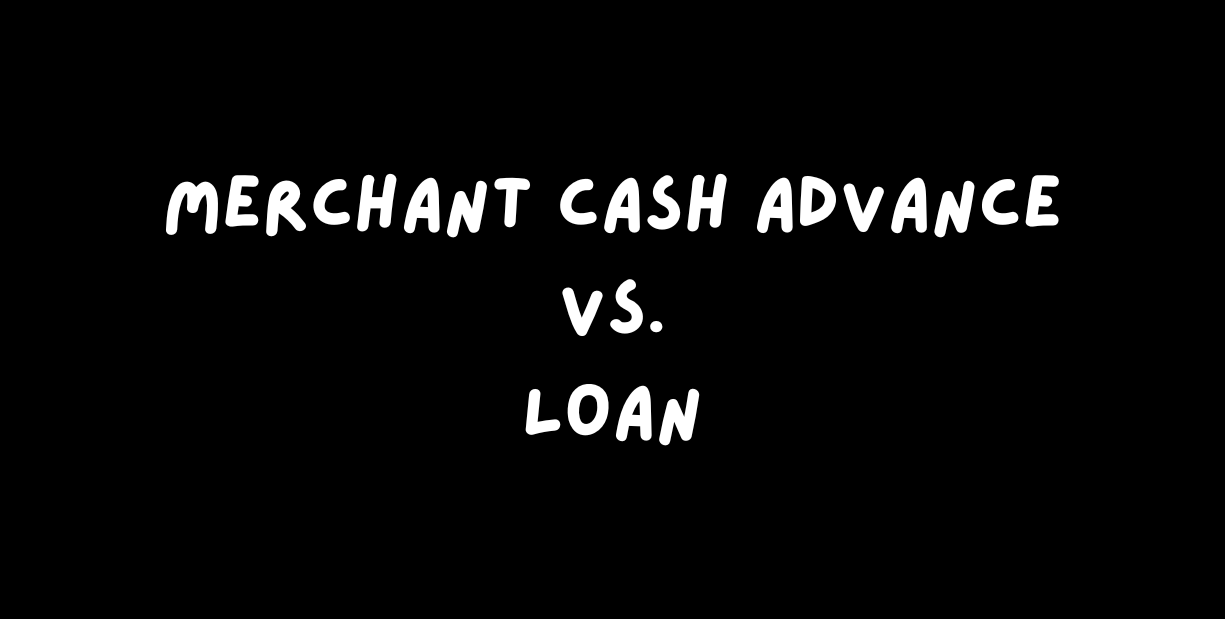What Is a Short Sale? A Complete Guide for Homeowners
What Is a Short Sale?
A short sale allows homeowners to sell their property for less than the remaining mortgage balance, with lender approval. This option helps avoid foreclosure, reduce financial liability, and minimize credit damage.
At J. Singer Law Group, we specialize in short sale negotiations and legal protection, ensuring homeowners get the best possible outcome. In this guide, we’ll explain how short sales work, their benefits, and how to determine if a short sale is right for you.
What Is a Short Sale?
A short sale occurs when a homeowner sells their home for less than the mortgage owed, and the lender agrees to accept the lower amount as full or partial payment.
- Avoids foreclosure and legal consequences
- Can eliminate mortgage debt or reduce what you owe
- Less damaging to credit than foreclosure
�55357;�56524; Example: If you owe $300,000 on your mortgage but your home is worth only $250,000, a short sale allows you to sell the home at market value, with the lender possibly forgiving the remaining $50,000.
How Does a Short Sale Work?
Step 1: Determine If You Qualify for a Short Sale
To qualify, you must:- Have a financial hardship (job loss, medical expenses, divorce, etc.)
- Owe more than your home’s current market value
- Be unable to keep up with mortgage payments
Step 2: Consult a Short Sale Attorney & Real Estate Agent
An attorney can negotiate with lenders and protect you from future financial liability, while a real estate agent helps market your property.Step 3: Get Lender Approval for the Short Sale
You must submit a short sale package, including:- A hardship letter explaining your financial situation
- Bank statements, tax returns, and pay stubs
- A purchase offer from a buyer
- A comparative market analysis (CMA) showing the home’s value
Step 4: Accept an Offer & Close the Sale
Once the lender approves an offer, the home is sold, and the proceeds go to the lender to settle the debt.�55357;�56524; Timeline: Short sales typically take 3–6 months, depending on lender approval speed.
Benefits of a Short Sale
Avoids Foreclosure
A short sale prevents foreclosure proceedings, which can stay on your credit report for up to 7 years.Reduces or Eliminates Mortgage Debt
Lenders often forgive the remaining balance or negotiate a settlement.Less Credit Damage Than Foreclosure
A short sale impacts your credit score by 50–150 points, whereas foreclosure can drop it by 200+ points.Faster Financial Recovery
Homeowners who complete a short sale can qualify for a mortgage sooner than those who go through foreclosure.Short Sale vs. Foreclosure: Which Is Better?
Who Should Consider a Short Sale?
A short sale is a good option if:
- You’re struggling with mortgage payments
- Your home is worth less than your mortgage balance
- You can’t qualify for loan modification
- You want to avoid foreclosure and credit damage
If you’re unsure, consult a short sale attorney to explore your best options.
What Happens After a Short Sale?
1. Do You Still Owe Money?
It depends. Some lenders forgive the remaining balance, while others may:- Require a promissory note for partial repayment
- Settle for a lump-sum payment at a reduced amount
Tip: Always negotiate a deficiency waiver to avoid future financial liability.
2. How Soon Can You Buy Another Home?
Common Myths About Short Sales
1. “I’ll Still Be Stuck with My Mortgage Debt”
Not necessarily! Many lenders waive the remaining debt, but you must get it in writing.2. “Short Sales Always Ruin Credit”
A short sale lowers your credit score, but far less than foreclosure. Many homeowners rebuild credit in 1–2 years.3. “A Short Sale Takes Years”
Most short sales close within 3–6 months, though lender response times vary.4. “I’ll Never Qualify for a Mortgage Again”
Many short sellers qualify for new home loans within 2–4 years, much sooner than after foreclosure.How J. Singer Law Group Can Help
At J. Singer Law Group, we:
- Negotiate with lenders to approve the short sale
- Ensure you don’t owe additional money after the sale
- Protect you from legal risks and tax consequences
�55357;�56542; Need help with a short sale? Contact us today for a free consultation!
Conclusion
A short sale is often the best solution for homeowners facing financial hardship and an underwater mortgage. It avoids foreclosure, reduces debt, and provides a path to financial recovery.
If you’re considering a short sale, J. Singer Law Group can guide you through the process and ensure you achieve the best possible outcome.
�55357;�56542; Contact us today to explore your short sale options!











